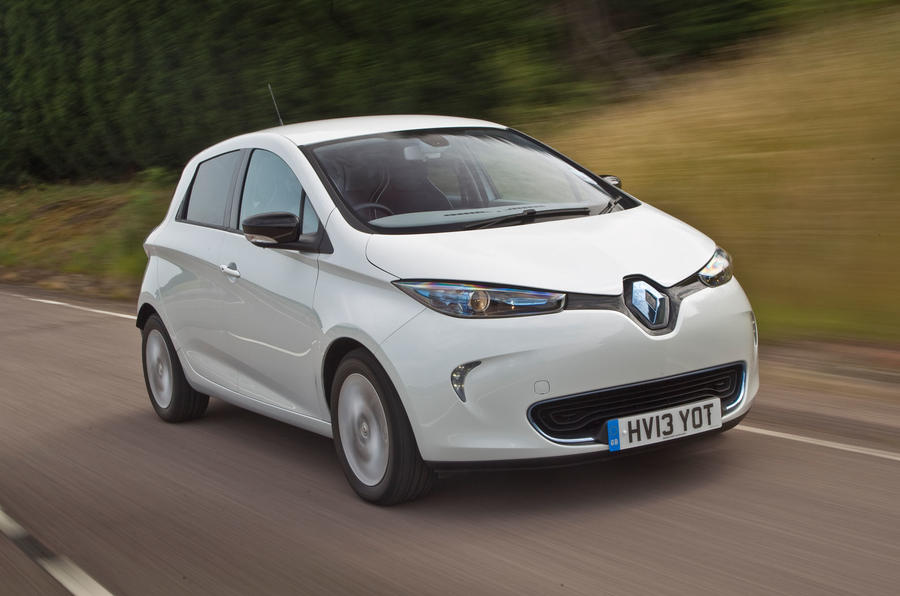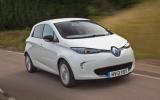Renault needs to leverage its existing electric vehicles rather than introduce any new models if the technology is to be a commercial success, the company's global head of EVs, Béatrice Foucher, has told Autocar.
Foucher said that Renault, a pioneer of EVs along with alliance partner Nissan, needed to redouble efforts to remain competitive with EVs as rivals, including BMW with its i range, start launching their own EVs.
To do so, Foucher said that the firm needed to price the cars more affordably, target sales in markets with “a mature attitude to CO2 reduction” such as in northern Europe, create a used market for EVs to ensure that they retained residual values, and ensure that EVs provide a long-term income for Renault by leasing batteries.
Renault has sold 29,000 EVs worldwide to date, and one in two of all EVs sold in Europe is a Renault. Although these figures barely make an impression in the global car market, Foucher points to slow sales of the Toyota Prius in its first eight years on sale before it flourished.
More needs to be done to educate people about the practicality of EVs in terms of price, charging and range, Foucher said. Improving the range is something that it is working flat out on with its battery supplier, he added.
So far, the typical buyer of a Renault EV is a home owner in a suburb or provincial town who can install a private charging point. A normal charging cable that can be plugged into a typical household socket, negating the need for a charging box, is being developed by Renault and is tipped to be rolled out next year.
Renault EV buyers are mainly using their vehicles as second cars, with their first car typically being from a premium marque. They see their EV as an eco good-conscience buy or, in the case of the Renault Twizy, a toy.
Renault is also investing in wireless charging, but the prohibitive cost of this technology makes it unlikely to be developed significantly until the latter part of the decade.














Join the debate
Add your comment
The Zoe is the make or break
The Zoe is the make or break model for them. Renault are known for their small cars, and usually a limited range is much less restrictive for most small car owners too.
As the Zoe is based on the Clio, but much better looking it might nick a few sales, but if its not much of a success i suspect it will be the end for Renaults electric cars.
I havent driven an electric car yet, but the 2 people i know who have both were very impressed (but not enough to buy one), so perhaps its a case of getting people into them.
Maybe there will be enough people who want to drive into places like London where it does make financial sense, to keep them going. I have to say, apart from the mad Twizy, the Zoe is the best looking and probably the most sensible elctric car so far so if anything has a chance it must.
fadyady, that's the point of
fadyady, that's the point of the article. They are investing in their current range rather than adding more models
Renault already have ...
... the biggest electric car range among all the car makers of the world. How does this question arise?
Why on earth would they bring more EVs when most car makers have yet to make their first electric car?